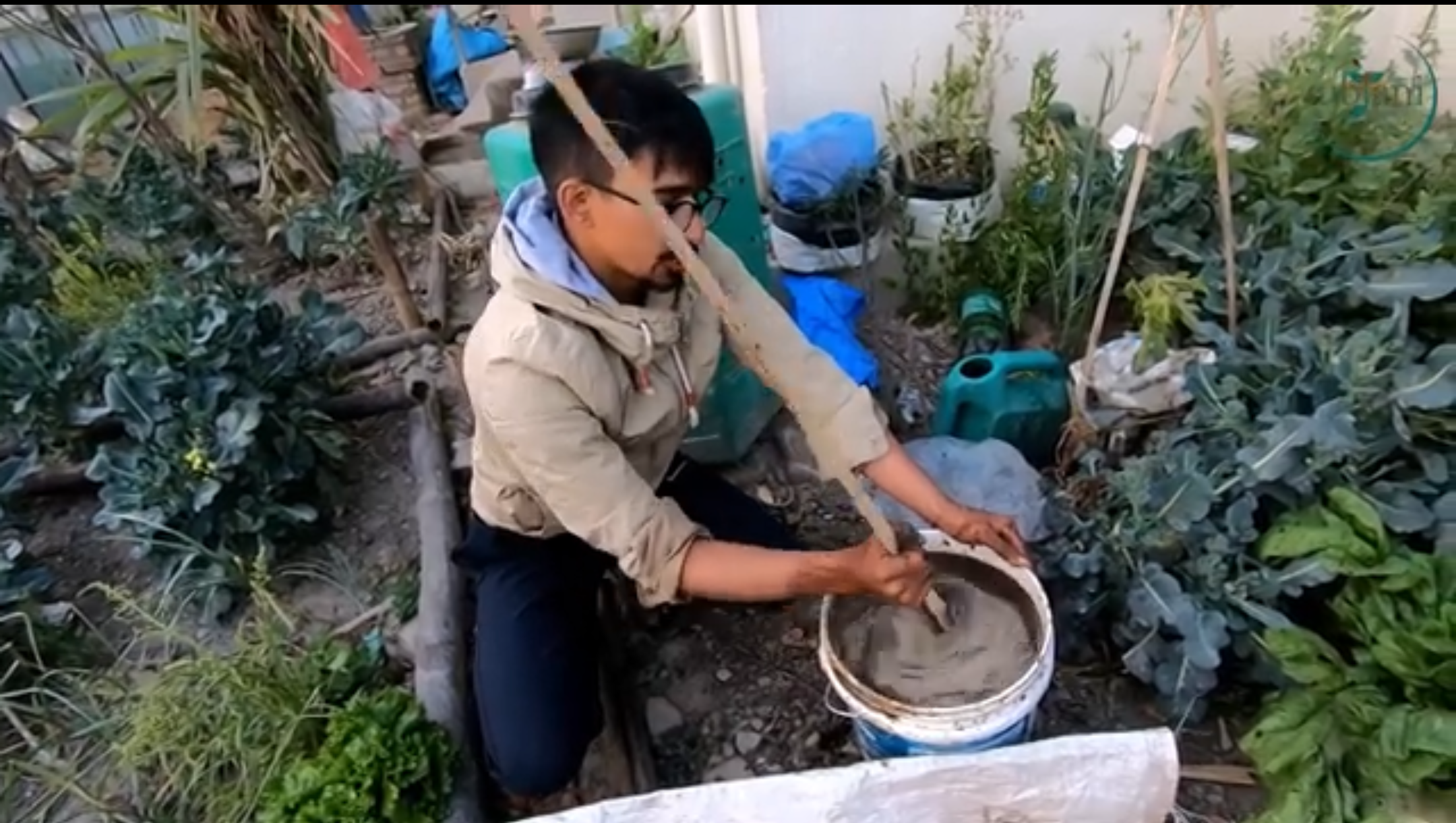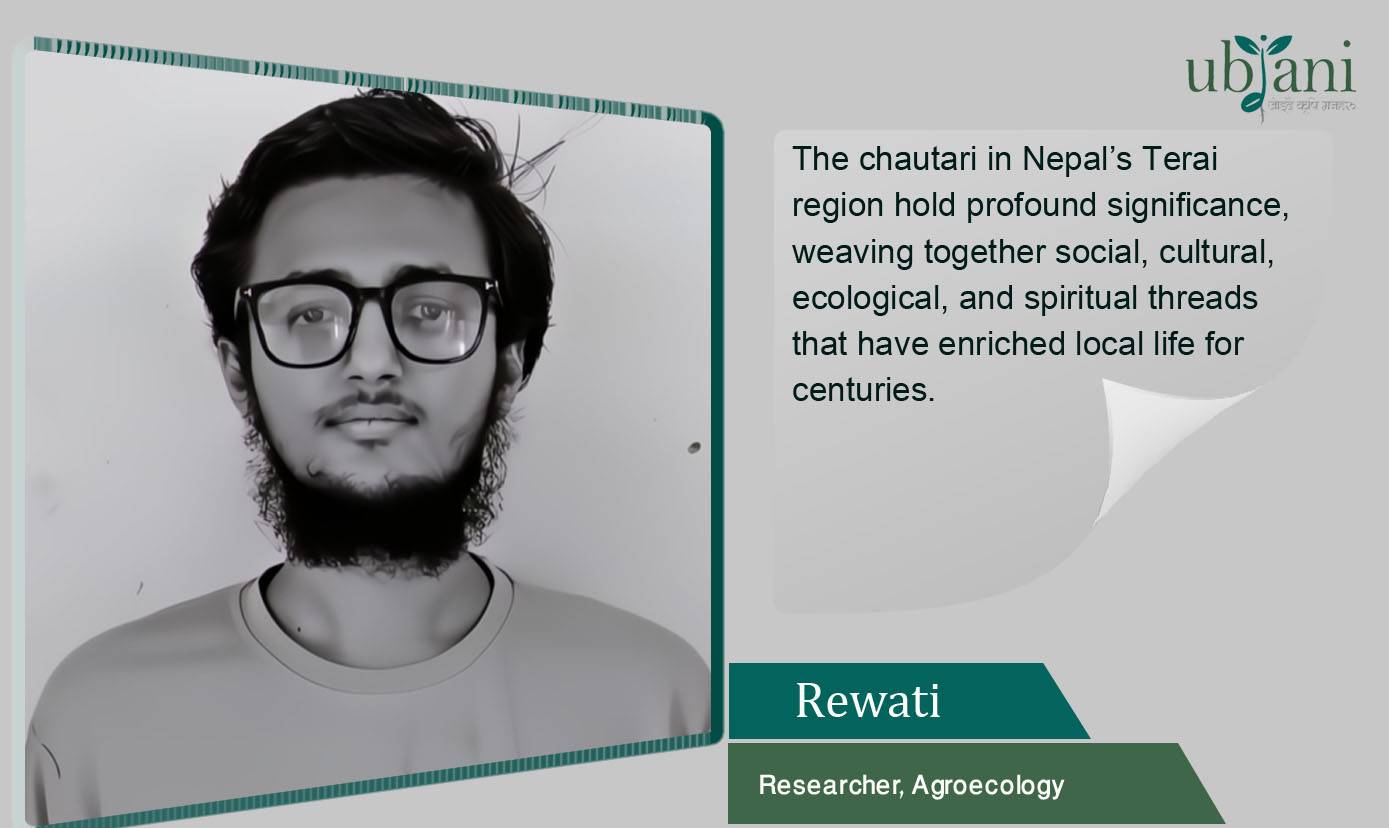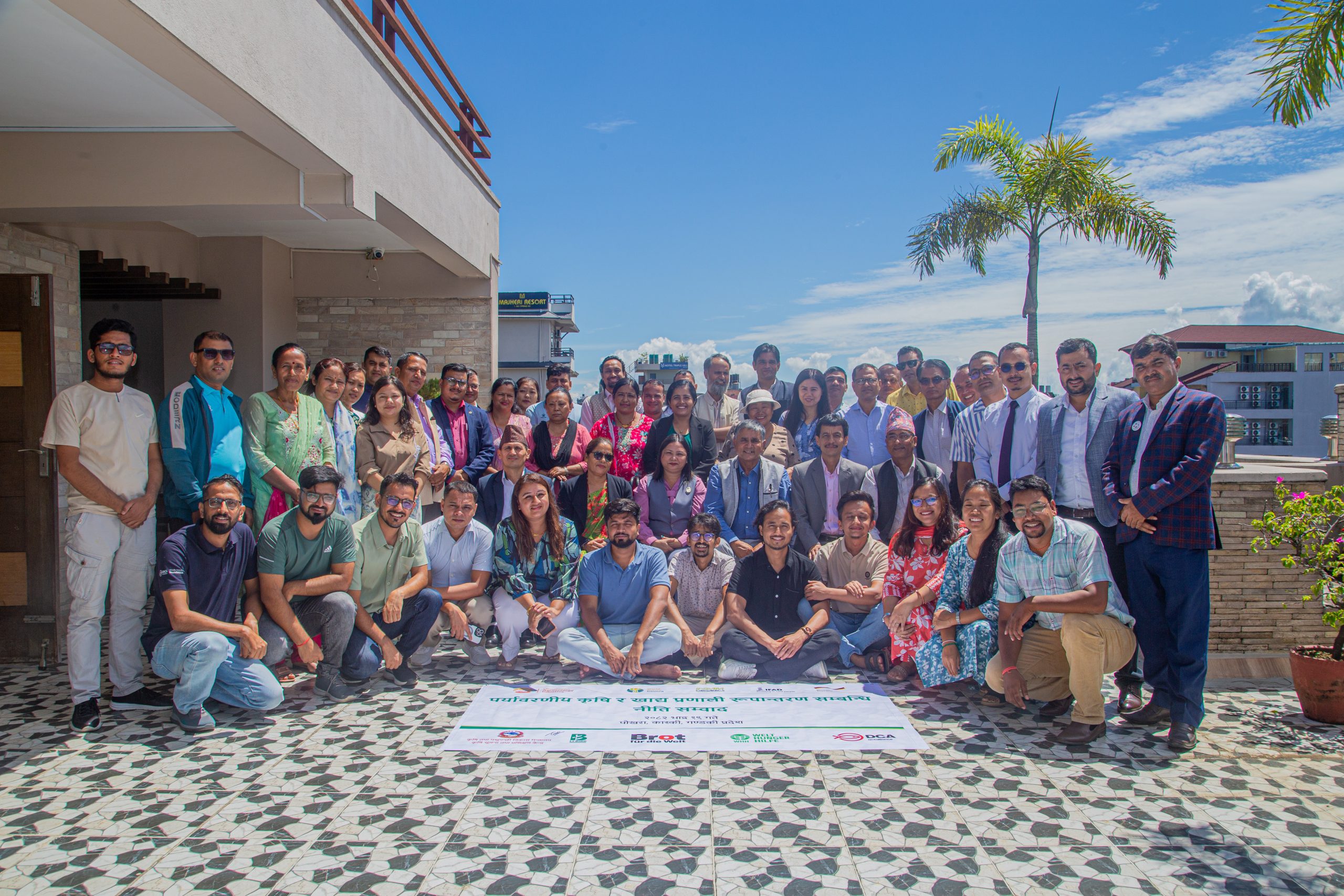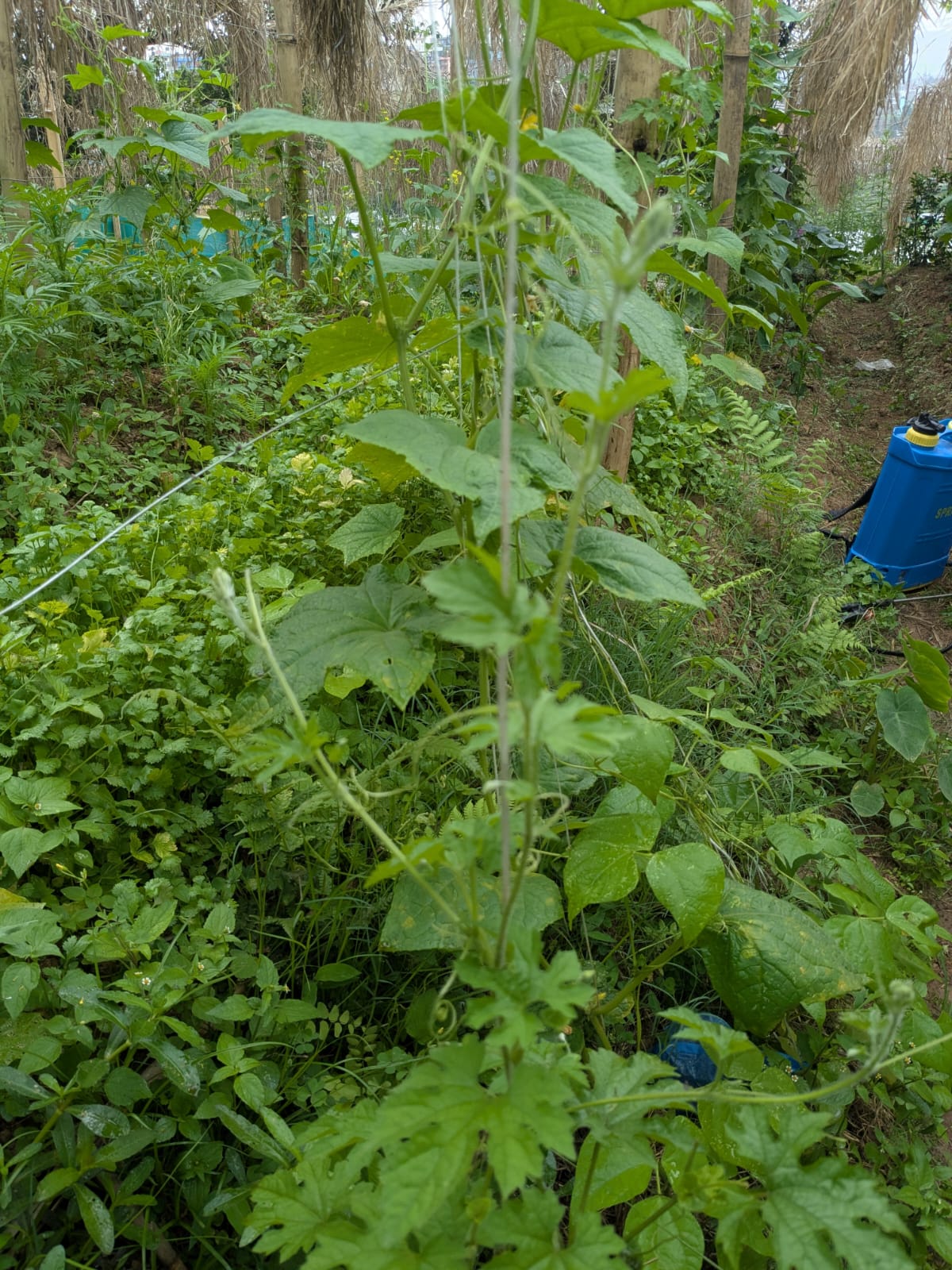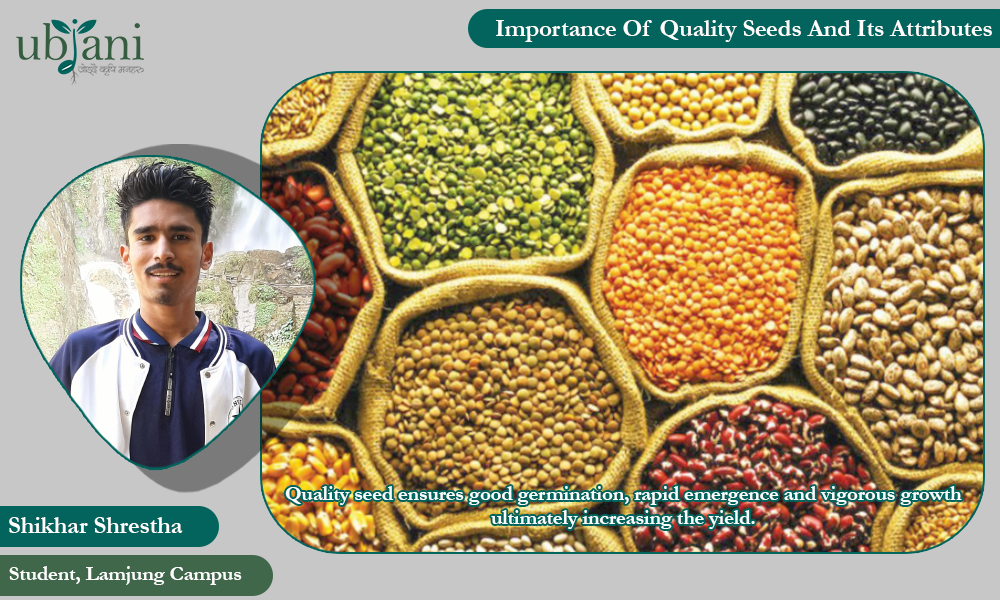
Seed is the basic input in agriculture that plays a vital role in developing resilient agricultural sector and in addressing the food insecurity in the world. If its not for seeds, every other input in agriculture would go waste. So, its very crucial to use quality seed that favors for the sustainability in food production and agriculture as a whole. The seed requirement for the agriculture is naturally provided by the grown plants. The local or indigenous seeds are seeds that have been faithfully reproduced and handed down from generation to generation. This seed is the very basis to the farmers who have been breeding them through history. These are the seeds that our great-great grandparents had cultivated and handed to the succeeding generation. The crop we obtain by sowing local seeds have unmatched richness in flavor, nutritional benefit, are resistant to insect and pest infestation and can tolerate adverse weather condition as they have been growing in the area for ages, they adapt in the harsh situation really well. This helps to reduce the problem of yield loss. As per reports, the hybrid variety of capsicum cultivated in the northern state of India has failed to give any yield as it couldn’t stand the heavy rainfall. So the farmers have again shifted to local seed cultivation.
Along with the adoption of improved varieties and cultivation practices, a large numbers of landraces maintained in traditional farming systems have been replaced. This replacement not only leads to serious genetic erosion but also hinders the efforts to improve crop varieties further. Over last two decades, farmers have lost their traditional varieties and the crop diversity due to the abuse of improved seed varieties, which has ultimately resulted in the loss of agricultural biodiversity. Therefore, the security of local seed in community level is really important to check the indigenous varietal loss. Moreover, the studies suggest that the crops grown from the local seeds are very true to type that is they are identical to their parents. But if the seeds from hybrid sown in next season then it either fails to germinate completely since it may be sterile or if it sprouts, it may not be identical to the parent. While hybrids have many outstanding qualities, the ability to reproduce themselves is not one of them. Hence, a new lot of hybrid seed is needed in every season which is not affordable for the small landholders. Talking about the farmers’ condition, they have been pushed out of seeds breeding and are forced to become consumers of non-renewable, patented seeds sold by industries which are increasingly monopolizing the seed supply. The one who should be in a vital role in the production of seed have become the one who consume, that too in a very high price. But in case of local seed production, almost every farmer produces and preserves seed for next season taking in consideration the measure to maintain the quality of seed such as threshing and sun drying the seed separately from other grains, choosing the crops with attractive physical appearance for seed, keeping them in safer place where pest and other factors can’t damage the seed. This way, the farmers needn’t worry about the higher price and availability of seed at the time of sowing. Furthermore, the quality of seed is also maintained.
The studies conducted in various time intervals suggest that the local seed are very important for sustainable agriculture as well. The principles of sustainable farming i.e. the ecological farming practices such as conservation of biodiversity, protection of natural soil fertility, recycling, natural resource conservation, appropriate pest management and maintenance of genetic resources and cultivars are all followed in the production of local seeds. This shows the role played by local seed in sustainability of agriculture and food production. Although today’s farming world run after the improved varieties, the local seed should not be left behind. The development in seed sector and agriculture as a whole is possible only through the conservation of indigenous seed and its development.





